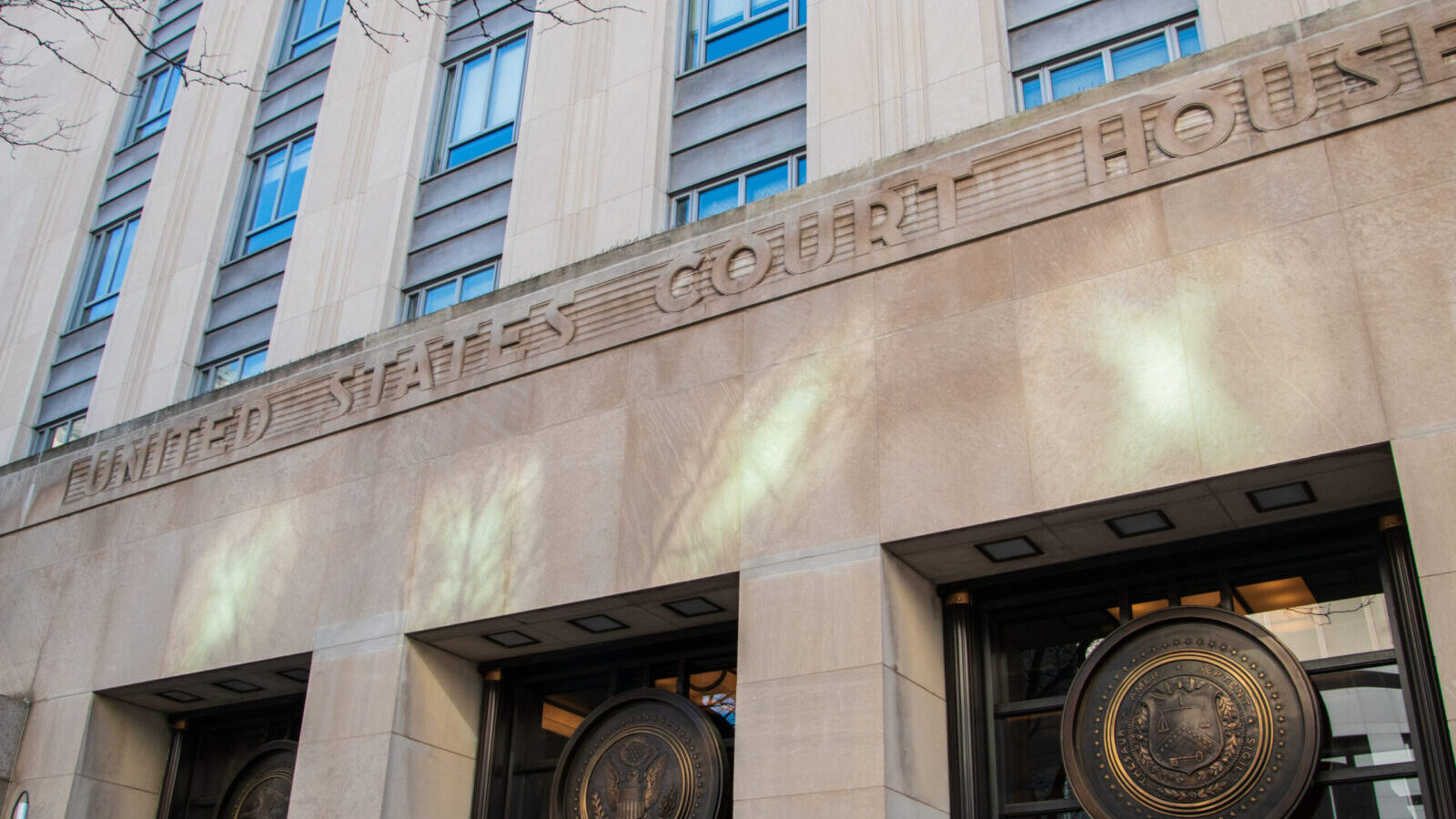Antar vs. BetMGM Case Moving To U.S. Third Circuit Court Of Appeals
Self-described problem gambler claims operator took advantage of him; oral arguments scheduled for Dec. 10
4 min

The U.S. Third Circuit Court of Appeals — the main battleground on two occasions in the six-year legal wrangling that led to the U.S. Supreme Court in May 2018 invalidating a 26-year-old federal law that gave a virtual monopoly to Nevada regarding sports betting — is preparing to take on another notable gambling case.
Attorneys for both Sam A. Antar, a self-described compulsive gambler and heir to the “Crazy Eddie” consumer electronics company fortune who lost tens of millions of dollars from online casino wagers, and iCasino operator BetMGM, which was sued by Antar for allegedly improperly enabling his behavior, were notified this week of the terms of a Dec. 10 oral argument before the court in the Albert Branson Maris Courtroom in Philadelphia.
Each side will be allotted 15 minutes to make their case, with an option to notify the court of any desire to split the time among more than one attorney.
The public will be able to listen to the arguments on the court’s website shortly after the meeting concludes.
The court clerk laid out the specific points for each side to address by Nov. 27, including whether a claim under the New Jersey Consumer Fraud Act requires “a misstatement or deceit” — and if not, how that act defines the term “unconscionable.”
Also on the menu is “whether Antar sufficiently pleaded an ascertainable loss by demonstrating either an out-of-pocket loss or a deprivation of the benefit of one’s bargain.”
Furthermore, “The parties should address whether Antar received the benefit of his bargain and whether he bargained just for a gambling experience or something more. If Antar need not show an out-of-pocket loss or deprivation of the benefit of his bargain, then what must he show, and under what authority?”
The case history so far
In January, a U.S. District Court Judge dismissed the lawsuit by Antar, who had claimed that BetMGM — despite allegedly being aware of his serious gambling problem — continued to seduce him with five-figure casino bonuses to keep him gambling with their online casino betting app.
Antar estimated that he risked almost $30 million in a nine-month span in 2019-2020. A pair of prison terms for illegal investment schemes, Antar alleged, were directly tied to an effort to enable to him to continue his reckless gambling.
Judge Madeline Cox Arleo ruled that the argument that BetMGM’s actions in ignoring Antar’s obvious gambling addiction violated the Consumer Fraud Act was inapplicable because that act was preempted by the state’s Casino Control Act.
Cox Arleo noted that the state legislature, if it had wished, could have passed a law to “require casinos to prevent or stop inducing gambling from those that exhibit problem gambling behavior.”
Short of that, Cox Arleo said, “casinos do not owe such a duty to patrons” and that the Casino Control Act “is notably silent on whether casinos or online gambling platforms may induce people who present with compulsive gambling behavior to patronize their businesses.”
Antar and attorney respond
But Matthew Litt, Antar’s attorney, told Casino Reports on Friday that the Casino Control Act has become outdated in this modern era.
“That act is all about brick-and-mortar casinos,” Litt said. “To relate it to the current times — it’s just prehistoric. And every state has its own version of this, so a victory in the case should mean that operators all over could no longer prey on those addicted to gambling.”
In a previous filing, Litt said that Antar at one point in 2020 risked more than $5 million in a span of just over two weeks.
Antar said Friday that he takes comfort in his belief that publicity about his case “already is changing the way casinos do business. They have been taking guys with a sickness, and using analytics to target them.
“I understand that casinos are providing customers with entertainment. But at the point they were bleeding me dry, they crossed a line.”
Sam Antar (the plaintiff’s father) and Eddie Antar (who ran the company) were co-founders of a consumer electronics chain in 1971. An avalanche of commercials featuring an energetic radio disc jockey portraying himself as “Crazy Eddie” fueled the opening of dozens of stores in the tri-state area and hundreds of millions in sales until the company was sold in 1987.
The sale came in the midst of a lengthy federal criminal investigation into the company’s business practices. Eddie Antar later pleaded guilty to fraud charges in 1996, was released from prison in 1999, and died in 2016.
New judges for this latest gambling battle
None of the three judges in the case — Stephanos Bibos, Cindy Chung, and Jane Roth — were involved in either the 2014 or 2015 pair of split decisions in the Christie v. NCAA sports betting saga.
In the second court ruling, the two judges who sided with the sports organizations were Maryanne Trump Barr —- the older sister of President-elect Donald Trump — and Marjorie Rendell.
Rendell was the wife of former Pennsylvania Gov. Ed Rendell, whose advocacy for his state to legalize casinos two decades ago proved to be a catalyst in New Jersey lawmakers pushing forward with their ultimately successful effort to add sports betting to help the Atlantic City casino industry survive.
The dissenting judge in the second case, Julio Fuentes, was the same judge who wrote the majority opinion in the first appeal. Fuentes concluded that while the state law passed in New Jersey was unconstitutional, there was a pathway for the state to allow for sports betting. Fuentes found in the second case that lawmakers had done just as he had suggested.
The pair of 2-1 rulings — and Fuentes landing on opposite sides of the same case (as well as a fundamental Constitutional question of possible improper “commandeering” by the federal government to force states to do their bidding) — no doubt greased the wheels for the Supreme Court to take up the issue.
The Supreme Court ultimately struck down the Professional and Amateur Sports Protection Act of 1992 by a 6-3 vote, with all nine judges taking issue with at least part of the provisions of the federal law.






